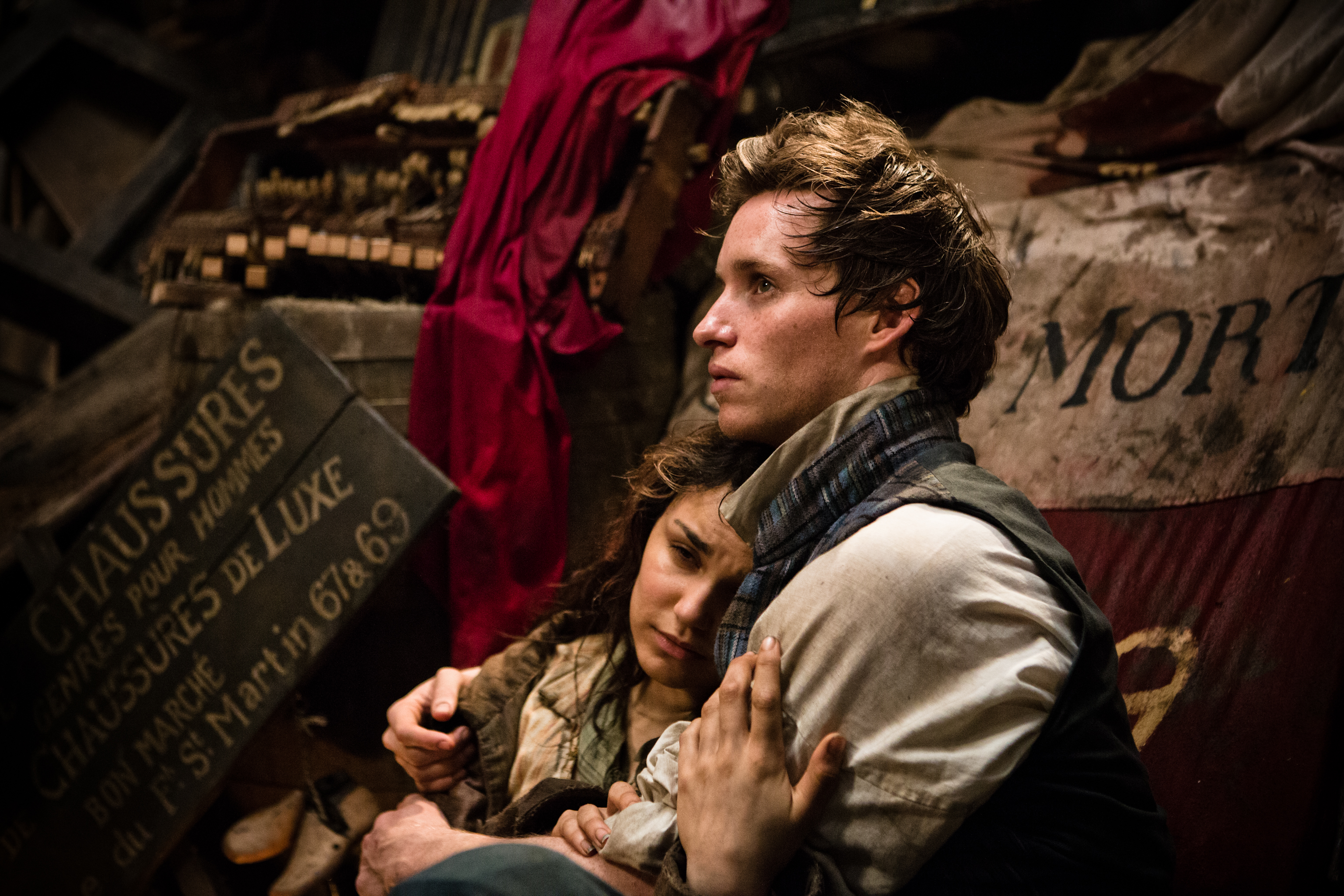
It is a moving and insightful adaptation of the novel which cleverly transposes Victor Hugo's themes into the twentieth century, especially France under Nazi occupation. The very features that give the novel its emotional and intellectual heft - the nature of tolerance, justice, revolution, love and humanity - also occupy a prominent place in Lelouch's movie, but the new perspective offered by the movie gives them added resonance. This 1995 French movie, directed by Claude Lelouch and starring Jean-Paul Belmondo, is a must-see. Its dramatic background, sentimentality, epic scope and fascinating characters, as well as its themes of redemption and social justice almost inevitably resulted in at least a dozen movie versions having been made, as well as several television productions.

Hugo's huge novel (1230 pages in the Penguin Classics edition, which is slightly abridged) was an immediate success in France, the Continent and the English-speaking world. The resulting musical became a world-wide success. The poet James Fenton was originally the lyricist but he was replaced at a late stage by Herbert Kretzmer. Macintosh formed a creative team with directors Trevor Nunn and John Caird.

Two years later Peter Farago, a Hungarian director, took a recording of that show to London to Cameron Macintosh, who recognised its potential (although he couldn't make sense of the lyrics). The success of the album led to its transformation into a stage musical in Paris.

The album, released in 1980, featured the now iconic Bayard illustration of Cosette with her broom. Tom Hooper's 2012 movie is based not on one of the earlier movie versions, but rather on what was originally a French musical concept album (like Jesus Christ Superstar) that was inspired by Hugo's novel, by Alain Boublil and Claude-Michel Schonberg. Versions of the novel have been produced as plays, as a famous musical and at least a dozen movies based on Les Misérables have appeared as movies and television series.

Since Victor Hugo's sprawling novel was first published in 1862, while the author was in political exile in Guernsey. it has remained in print and has been translated into dozens of languages.


 0 kommentar(er)
0 kommentar(er)
